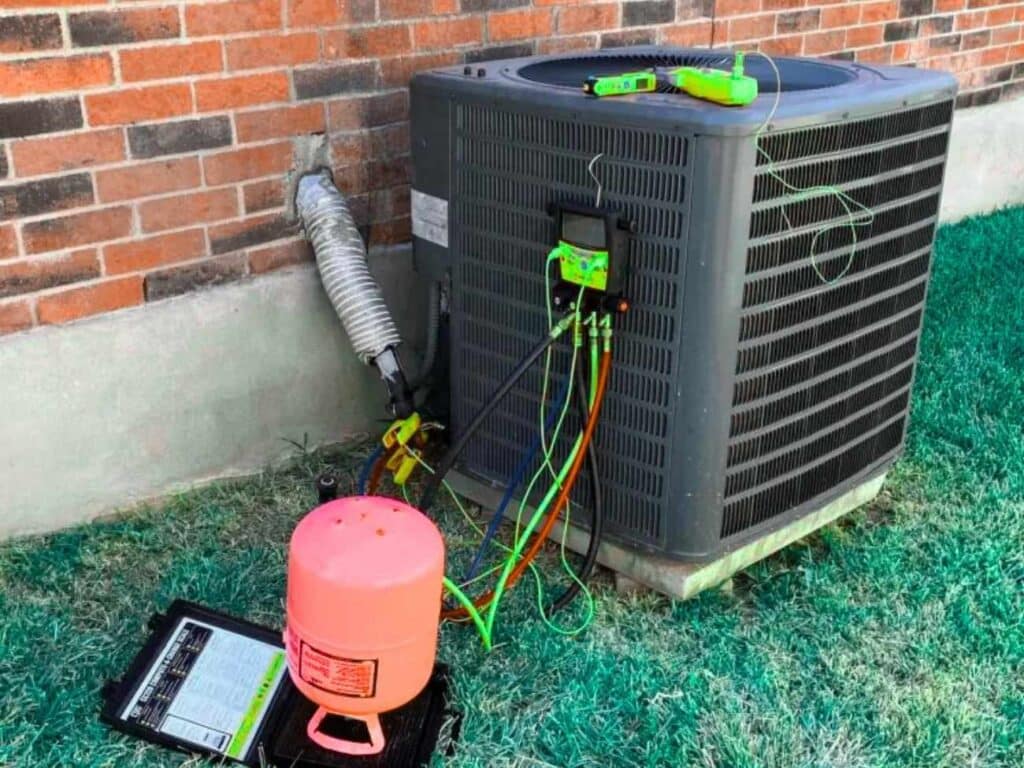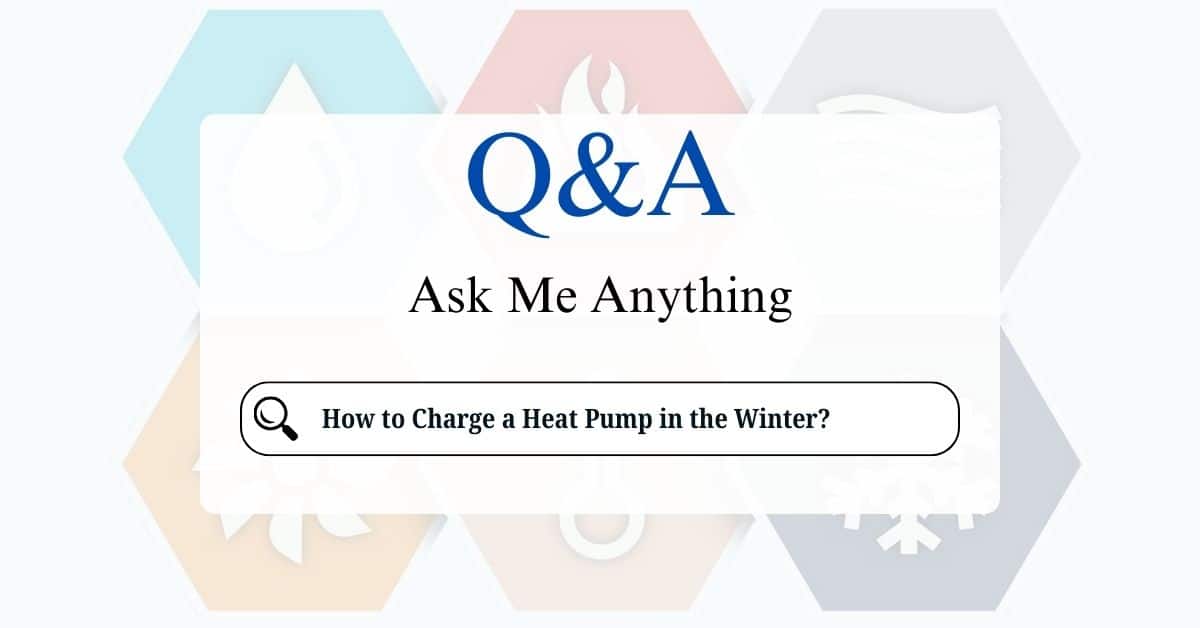Heat pumps are incredibly efficient heating and cooling systems, offering year-round comfort. However, their performance can sometimes be affected by extremely cold temperatures. This often leads to questions about “charging” a heat pump during winter. It’s important to clarify that “charging” typically refers to adding refrigerant, which isn’t a routine winter maintenance task. This friendly guide will explain how heat pumps work in winter, what influences their performance, and when refrigerant might actually be a concern.
How Heat Pumps Work in Winter (and Why They Sometimes Struggle)
Unlike furnaces that generate heat, heat pumps transfer heat from one place to another. In winter, they extract heat from the outside air and transfer it inside. Even when it feels freezing outside, there’s still some heat energy present in the air.
The challenge arises when temperatures drop significantly. As the outdoor temperature decreases, the amount of heat a heat pump can extract also decreases. At a certain point, known as the “balance point,” the heat pump can no longer provide enough heat to meet the home’s heating demand.
What is “Charging” and Why It’s Usually Not the Winter Solution
“Charging” a heat pump means adding refrigerant. Refrigerant is the substance that absorbs and releases heat during the heating and cooling process. A refrigerant leak is the primary reason for needing to add refrigerant.
- Refrigerant Leaks and Performance: A low refrigerant level reduces the heat pump’s capacity in both heating and cooling modes. However, the effects are often more noticeable in cooling (summer) because the system relies heavily on the refrigerant cycle for cooling.
- Charging is Not Seasonal: Adding refrigerant is not a seasonal maintenance task. If your heat pump needs refrigerant, it means there’s a leak that needs to be located and repaired. Simply adding refrigerant without fixing the leak is a temporary fix and can lead to further problems.

Why Your Heat Pump Might Seem Less Effective in Winter (and What to Do)
Here are some reasons why your heat pump might seem less effective in winter and what you can do:
- Lower Outdoor Temperatures: As explained earlier, heat pumps become less efficient as outdoor temperatures drop. This is normal.
- Auxiliary Heat: Most heat pumps have an auxiliary or emergency heat source, usually electric resistance heating, which kicks in when the heat pump can’t keep up. This is why your electric bill might be higher in very cold weather.
- Frost Buildup on the Outdoor Unit: During the heating cycle, the outdoor coil can get cold enough to cause frost to form.
- Defrost Cycle: Heat pumps have a defrost cycle that periodically reverses the flow of refrigerant to melt the frost. You might notice steam or a gurgling sound during this cycle, which is normal.
- Dirty Air Filters: Dirty air filters restrict airflow, reducing the heat pump’s efficiency.
- Regular Filter Changes: Change your air filters every 1-3 months, or more frequently if you have pets or allergies.
- Blocked Outdoor Unit: Snow, ice, or debris can block airflow to the outdoor unit.
- Keep the Unit Clear: Ensure the area around the outdoor unit is clear of obstructions.
When Refrigerant Might Be the Issue (and What to Do)
While not a typical winter problem, a refrigerant leak can affect heating performance. Here are some signs:
- Ice Buildup on the Indoor Unit: While frost on the outdoor unit is normal, ice buildup on the indoor unit can indicate a refrigerant problem.
- Reduced Heating Capacity: If your heat pump is struggling to heat your home even when it’s not extremely cold outside, a low refrigerant level could be a factor.
- Hissing Sound: A hissing sound coming from the unit could indicate a refrigerant leak.
If you suspect a refrigerant leak, it’s crucial to call a qualified HVAC technician. Refrigerant handling requires specialized equipment and training.
Maintaining Your Heat Pump for Optimal Winter Performance
Regular maintenance is key to keeping your heat pump running efficiently all year round:
- Regular Filter Changes: As mentioned earlier, change your air filters regularly.
- Annual Professional Tune-Ups: Schedule annual professional maintenance to ensure your heat pump is operating correctly. A technician can check refrigerant levels, clean coils, and inspect other components.
- Keep the Outdoor Unit Clean: Keep the area around the outdoor unit free of debris.
In summary, “charging” a heat pump in winter is usually not the solution to heating problems. Understanding how heat pumps work in cold weather, performing regular maintenance, and addressing any potential refrigerant leaks promptly are the best ways to ensure your heat pump keeps you warm and comfortable throughout the winter.






